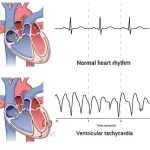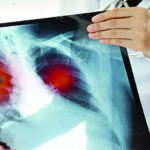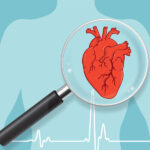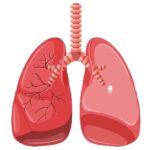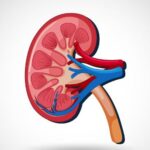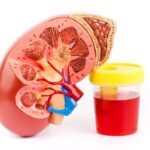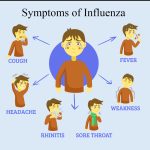Heart disease isn’t always sudden; it often stems from an unhealthy lifestyle. Recognizing symptoms in advance can provide ample time to take precautionary measures. Let’s explore some early predictions of heart disease.

- Sleep Apnea: Loud snoring or sudden breath-catching during sleep may signal sleep apnea, causing irregular heartbeats. Early detection and treatment of sleep apnea can prevent heart failure.
- Yellow-Orange Rash: High triglyceride levels can cause rashes around fingers or toes. Monitoring and managing these rashes are crucial as they indicate a risk of heart disease or stroke.
- Weak Grip: Reduced fist strength correlates with heart health. Persistent grip problems warrant a thorough heart checkup.
- Black Spots Under Nails: Endocarditis, indicated by black spots under nails, is linked to heart-related infections or uncontrolled diabetes. This significantly escalates the risk of heart attack and stroke.
- Frequent Dizziness: Persistent dizziness or blurred vision might indicate poor blood circulation due to a weakened heart, impacting balance.
- Sexual Dysfunction: Narrowed arteries from high blood pressure or cholesterol can lead to sexual weakness, closely linked to heart disease.
- Skin Discoloration: Blue fingers or toes suggest insufficient oxygen-rich blood flow due to blocked vessels. Pale pink skin indicates cholesterol plaque breakdown, blocking small blood vessels.
- Gum Bleeding: While the direct link to heart disease is being studied, gum bleeding often coincides with heart weakness, elevating the risk of stroke.
- Skin Patches: Dark spots near the neck, armpits, or body folds may indicate insulin issues, indirectly affecting the heart. Consulting a doctor for necessary tests is advisable.
- Breathing Difficulty: Post-exercise chest discomfort while breathing warrants immediate medical attention.
- Leg Swelling: Prolonged sitting or pregnancy-related leg swelling signifies weakened heart strength, causing fluid accumulation under feet due to blocked blood flow.
- Persistent Fatigue: Whole-body fatigue, especially when coupled with a cough, could signal underlying heart issues beyond typical tiredness.
By recognizing these early warning signs and seeking timely medical advice, individuals can take proactive steps to manage their heart health effectively. Regular checkups and lifestyle adjustments are key to preventing severe heart complications.
Understanding Sleep Apnea
Heart Disease and Sexual Dysfunction
Recognizing Symptoms of Endocarditis




